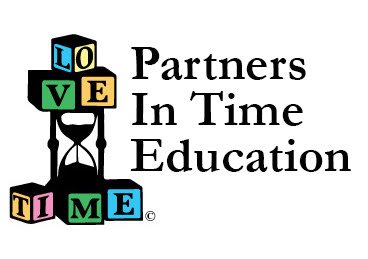The Act of Listening
As each of my children were born, I felt like I generated a new set of “antennae”. I could feel and hear things I had never felt or heard before.
Of course, I heard their whimper or cry – alerting me to feed them, change a diaper, or to provide comfort. The noises they made were their way of communicating to me – “I need to be comfortable.”
As toddlers, I remember hearing them, with my back turned, and would know they were in the drawer where I kept the Tupperware.
As they became teenagers, I could hear the door open when they arrived home from an event, even when I was already in bed.
I recognize the sound of their breathing, their heavy sigh, the sound of their voice when they are angry, afraid, or nervous. I recognize their laughter.
“Most people do not listen with the intent to understand;
they listen with the intent to reply.”
- Stephen R. Covey, The 7 Habits of Highly Effective People:
Powerful Lessons in Personal Change
Listening to our children as they grow is one of the most important skills we can acquire. Listening means we are not talking. It means we are genuinely hearing, with the desire to comprehend and understand what is being said.
Listening to our children means leaving the “antennae” up and paying attention to what our children are saying and sometimes more importantly, not saying.
From the very beginning, I heard silence! When they were young, that lack of sound meant I better investigate. As they are now all out of my home, the silence generates smiles of memories and the excitement to again fill my house with noise on their next visit.
Listening and not talking can be difficult. The idiom, “Bite my tongue,” describes how difficult it is to stay silent at certain times. After we listen, we can think and create a time to talk.
Listening is an act and can help us know our children.
